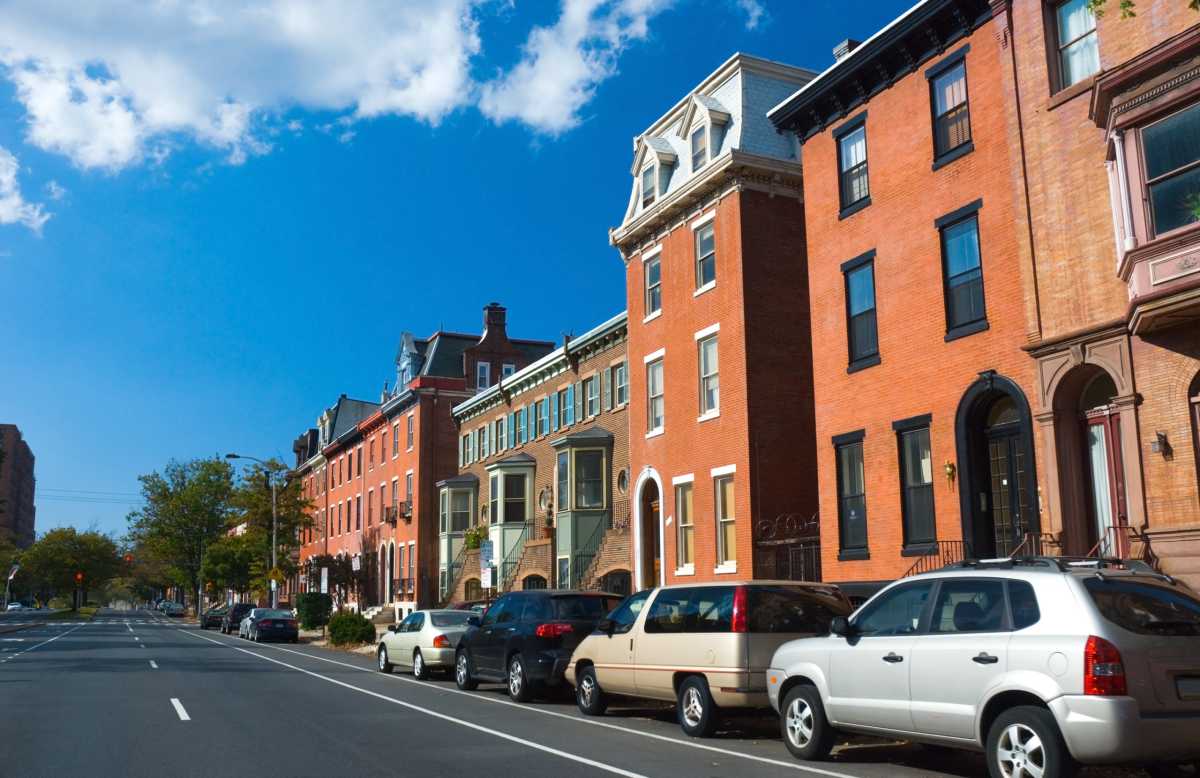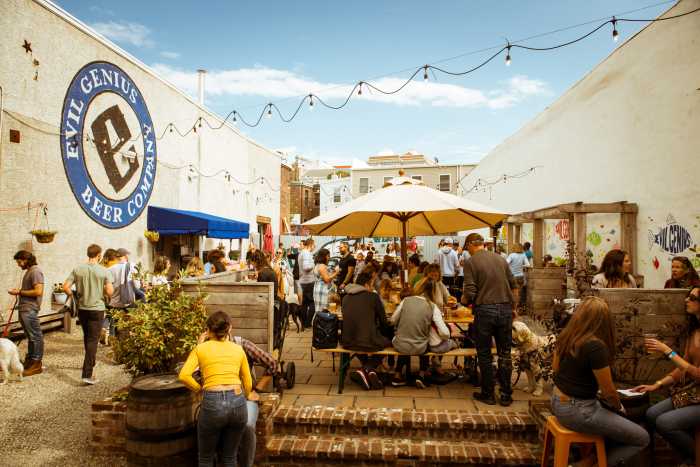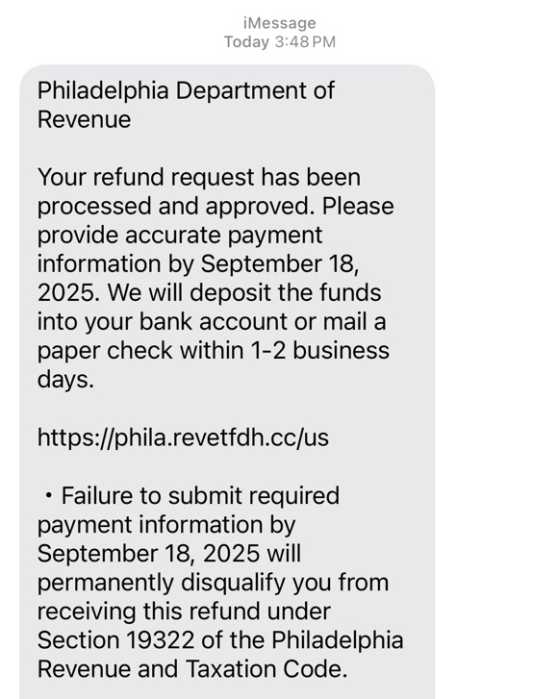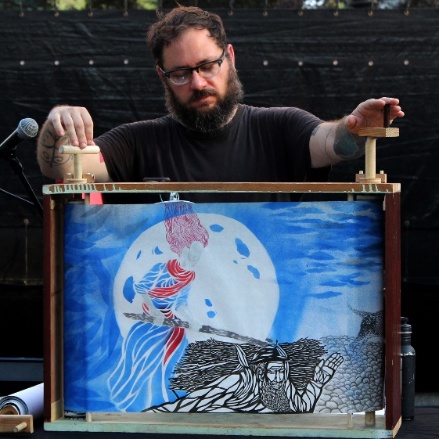Nearly every neighborhood in Philadelphia has at least one volunteer organization that meets regularly in a rec center or church basement to discuss hyper-local issues.
These civic associations and neighbors’ groups cover topics ranging from park clean-ups and noise to crime and multimillion-dollar development projects. Most are Registered Community Organizations, or RCOs, that have a formal role in making recommendations to the city’s zoning board.
Some quit holding meetings in response to the novel coronavirus pandemic, and a few have held outdoor gatherings to conduct their business.
But most of the groups, like the rest of the world, have turned to Zoom and similar platforms to stay in touch.
Dennis Boylan, who heads the Logan Square Neighborhood Association in Center City, said participation has been way up at his organization’s Zoom meetings.
Prior to the pandemic, 60 to 70 residents would show up for a meeting about a hot-button issue. Now, 100 to 120 regularly attend, he said.
“We’ll go back to physical meetings, but I think, if we do, I’m going to have to broadcast them using a Zoom or some other platform,” Boylan told Metro.
The virtual format has fewer barriers, he said, and some people log in from their vacation homes in Florida.
“There’s sort of a natural tendency to want to know more about what’s going on in your environment when you’re not out in the environment,” Boylan added.
In contrast, West Philadelphia’s Cedar Park Neighbors group has seen less involvement, at least at its Zoom meetings, president Renee McBride-Williams said.
“As far as the membership at large, people kind of dropped off, but they are being informed pretty much by the newsletter,” she said.
McBride-Williams said members stay connected through the online newsletter and contact board members if something’s amiss on their block.
The Zoning Board of Adjustment resumed its hearings in July, a month after officials sent out guidance to RCOs with tips on virtual meetings.
Developers or homeowners who need a zoning variance are required to present to their local RCO, which usually votes on the project and sends a recommendation letter to the ZBA. If residents oppose a variance, RCO members sometimes flood ZBA meetings, which are now also being held virtually.
The Somerton Civic Association, which usually fills the hall of a social club in the Far Northeast for its monthly meetings, decided to skip Zoom and devise a different procedure for zoning matters.
SCA President Chris Bordelon said developers send a video presentation and accompanying documents to the group’s leaders, who post it on the association’s website
It remains up for several days, as the organization collects questions from residents and gathers responses from the developer. After a few more days, members vote on the proposal.
Legally required notices sent out to nearby property owners include information on how to access the website.
On topics other than zoning, the association communicates with members through email and Facebook.
“It kind of avoided WebEx or Zoom or a type of software that people, for whatever reason, might not be familiar with,” Bordelon said. “But we figured that many people know how to do things like access a website, open a video, read an email, that kind of thing.”
Boylan said his membership, like that of many other neighborhood groups, trends older. There was a bit of a technology gap at first, but everyone seems to have gotten a handle on it.
He reminds members of Zoom etiquette, and, for zoning meetings, he permits them to only ask questions through the platform’s chat function.
“That way it doesn’t turn into battle,” Boylan said. “Otherwise, you’d have everybody going all at once.”
Bordelon said he hopes in-person meetings can resume soon.
For months, the Somerton group has been wrestling with those behind the largest project in the neighborhood’s history — a 1-million-square UPS warehouse on Red Lion Road. He thinks the process may have gone differently if everything was still face-to-face.
“I think it was harder, the online format, to, for one thing, even make people aware that something was taking place that would be of concern,” Bordelon said.
Cedar Park Neighbors had been trying to figure out how it was going to do its holiday food drive, which the group has done annually for 35 years.
McBride-Williams said the organization decided to collect donations to purchase grocery store gift cards for needy families, instead of dropping off food baskets at their homes.
COVID-19 forced the cancellation of CPN’s jazz series. Normally, the group hosts 2-hour weekly concerts in June, July and August at Cedar Park.
McBride-Williams said she plans to post videos on the organization’s website showcasing performances from previous years.
“Hopefully, we’ll be able to launch another music fest for the summer,” she added.




























